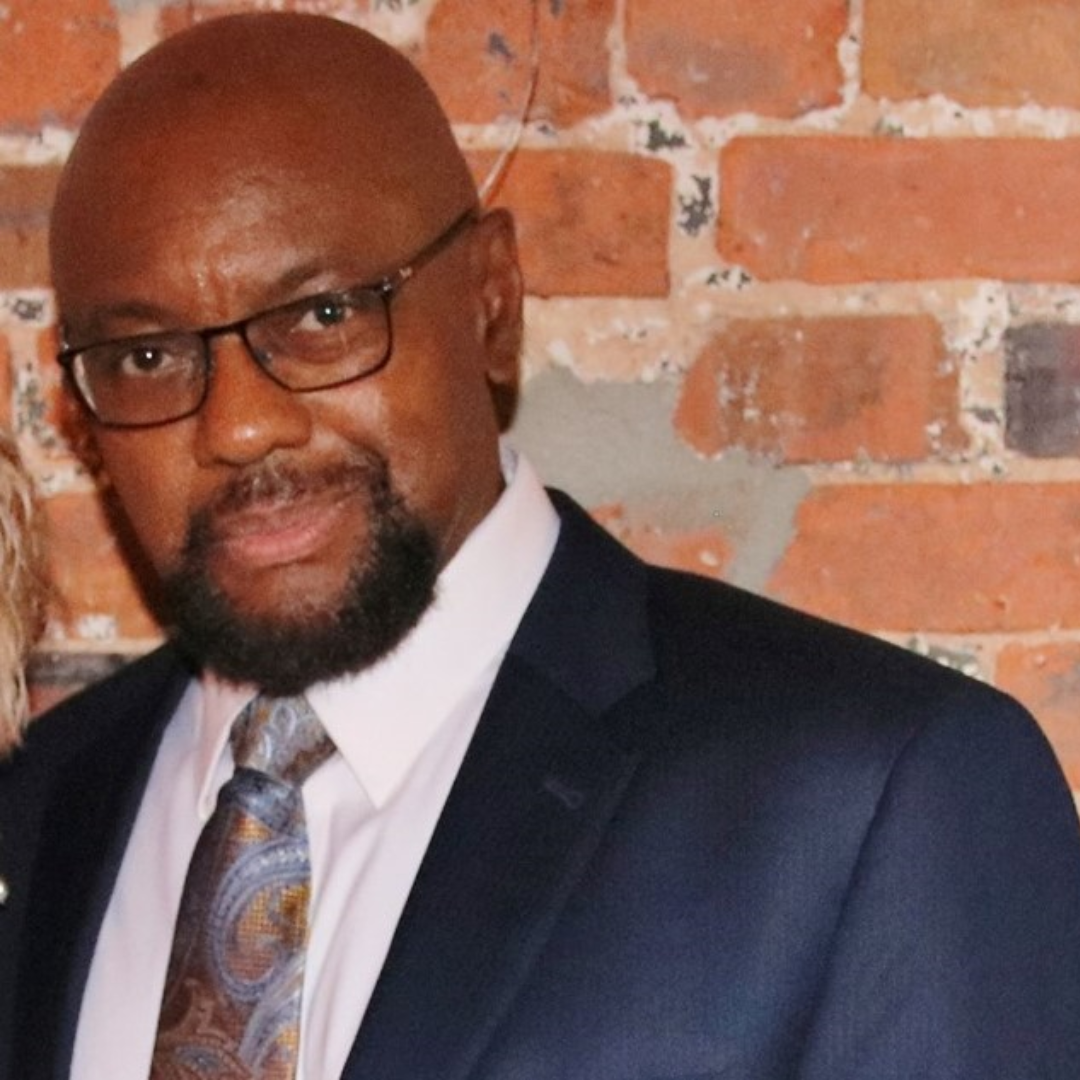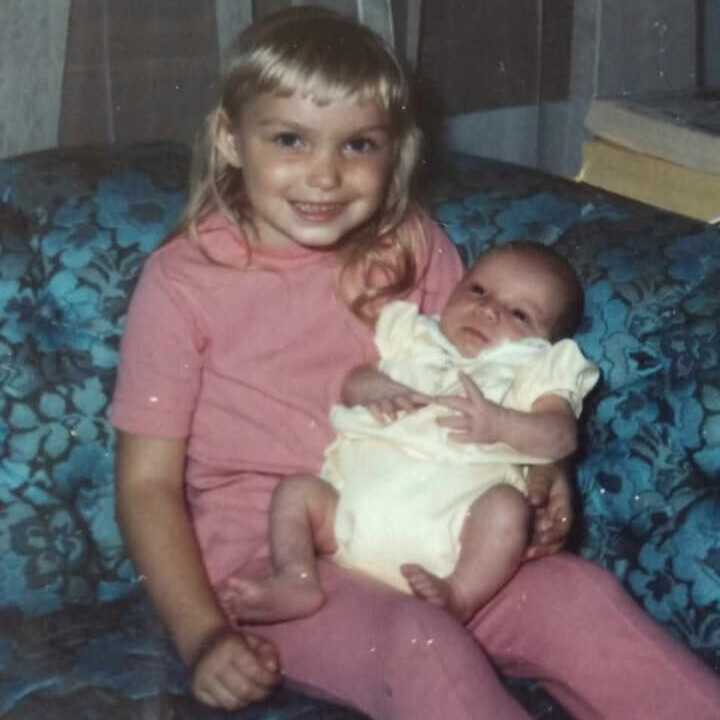by Wesley Moss
I was born July 3rd, 1951 in Greenwood, South Carolina and had polio when I was 16 months old in 1952. I was having a problem walking and later was taken to a hospital in Greenville, South Carolina where I spent two months in an iron lung. I have bits and pieces of memory at that age.

I know I screamed and cried when I would see my parents from that iron lung looking in from outside a window in the hospital. I stayed in the hospital for two months. When I came home, I was seeing Dr. James McQuown in Greenwood, S.C. and I wore special shoes for a little while before putting me in a long leg brace at the age of two. I continued to see Dr. McQuown until I finished high school.
Coping with Partial Paralysis
Throughout my childhood and early teens, I had to have several corrective surgeries on my left leg which is my polio side from my left hip and leg. For example, when I started wearing my leg brace around age 2, my ankle would always rub against my leg brace which was always sore, so I had an operation to fix that issue, which I realized years later as an adult that my left ankle was fused.
I had an operation on my right toe to relax the tendon on my right toe, mainly because for years I would hop around on my right foot because my left leg which was my polio side was too weak. In my early teens I had surgery on my right knee to slow down its growth to allow my left leg to grow and catch up to help with my gait. It didn’t fix my gait, but it could have been worse without the surgery. One thing left unchanged is that my left leg and right leg are different shoe sizes.
Growing Up After Polio
When I was a kid in school, I was the only kid in the whole school with a disability from polio. Even in high school it was the same thing except for another student that had a much milder polio challenge.
It was not a good time for me many times, I would get looks based on how I walked wearing the leg brace, some kids and bullies would make fun of me and call me cripple or other names. I was getting into fights often but still had some friends, even some of the guys I had fights with. I’m glad I grew out of that because I was also a confident person.
My Dad owned a trucking business and farm where we all grew up on. It was hard work during the crop seasons starting early in the mornings until late in the evenings. My older brothers and I worked with my dad in his trucking business as well as farming. I never liked school, just hated it and wished I could have dropped out which was foolish as I look back on things, but my mom and dad stayed on me about school and pushed me to continue to get through school and college.
During college I worked part-time and full-time jobs to complete my education and when I finished in 1975 you didn’t have the Americans with Disabilities Act. You didn’t have accessibility in schools, workplaces, and businesses. People affected by polio and other disabilities had to work hard for accommodation, which is part of the reason they exist today, and I am very thankful for the people who fought for those rights.
Post-Polio Syndrome
I began to see the long-term effects of polio in my mid-thirties. When I would exercise and especially doing leg exercises, I had to be cautious because the nerves in my left leg would end up in serious pain for a few days. That’s when I first noticed what would be a continuing problem.
Eventually, I was diagnosed with post-polio syndrome, a progressive neurological condition that can develop decades after infection. It has all sorts of effects, from weakness, numbness, and tingling to worsened mental health. I used to be able to take my leg brace off at night and walk around, but these days, I need a cane to walk. Fortunately, I’m also a member of APPA (Atlanta Post-Polio Association) in Atlanta, Ga., the APPA responds to the needs of individuals who suffer from post-polio syndrome through group meetings, educational programming, newsletters, and advocacy.
Proof Polio Vaccines Work
Though the polio vaccine came out after I had polio, I still got the vaccine anyway. I remember we all went to the nearest elementary school, and nurses gave it out to people waiting in line, kind of like how it was with COVID.
I’ve heard about cases of paralytic polio. I remember reading an article about someone who was paralyzed by it in 1958 and that was like wow! Because anybody who saw how crippling and devastating this disease was got the vaccine, even though I’m sure there were some people who didn’t the vaccine.
Trying to explain post-polio to someone nowadays, even though many doctors are not familiar with polio, is difficult. But this virus took a lot of lives, and I am here to tell you that the vaccine works.
Today, even a single case of paralytic polio in the whole United States is rare. The only cases we see today come from abroad. But who knows? Maybe some folks out there won’t vaccinate, and it will circulate here again. I was the only kid in my school living with the effects of polio. I’m sure there would have been others if the vaccine was never invented.
Wesley Moss is an active member of the Atlanta Post-Polio Association. His story, like all others on this blog, was a voluntary submission. If you want to help make a difference, submit your own post by emailing us through our contact form. We depend on real people like you sharing experience to protect others from misinformation.



